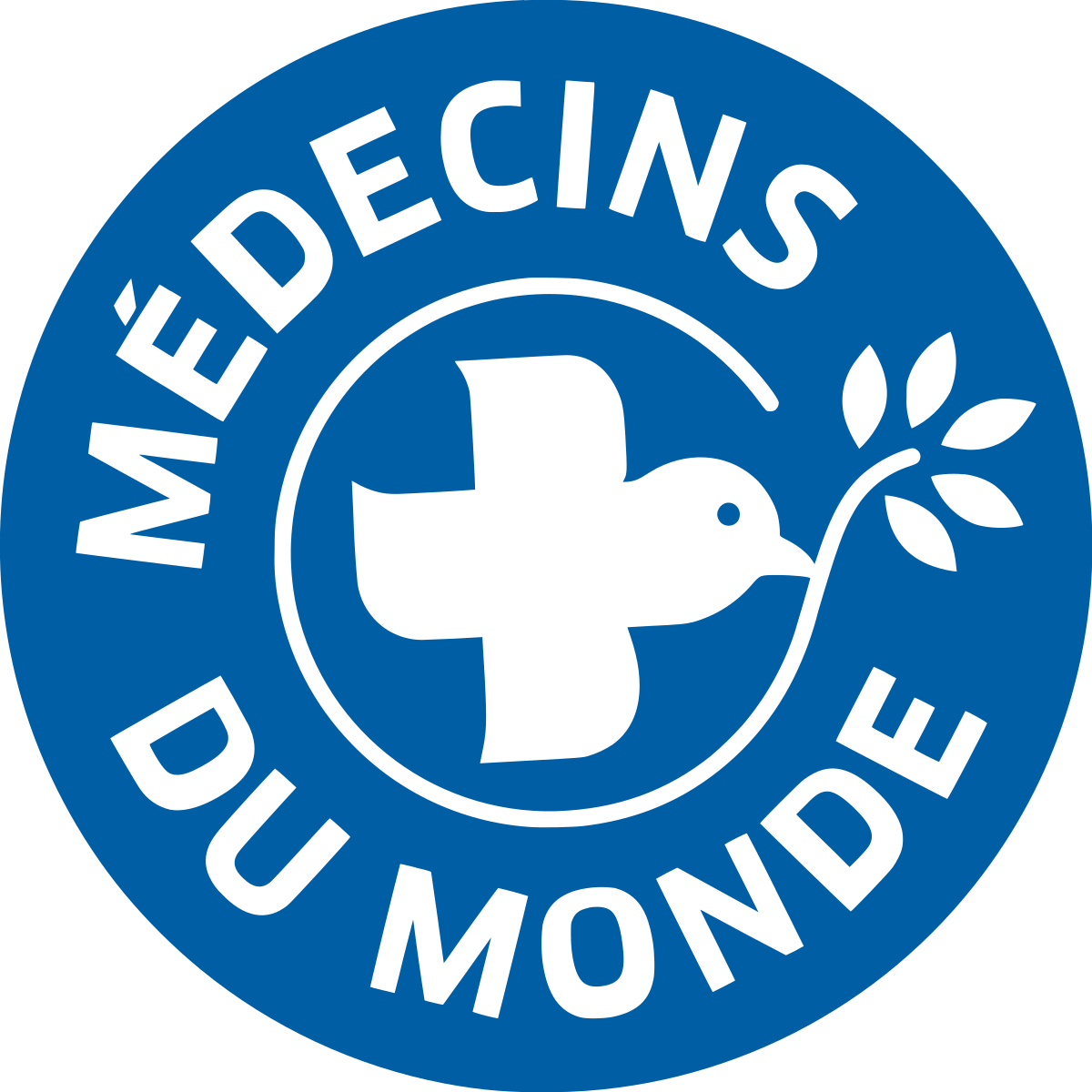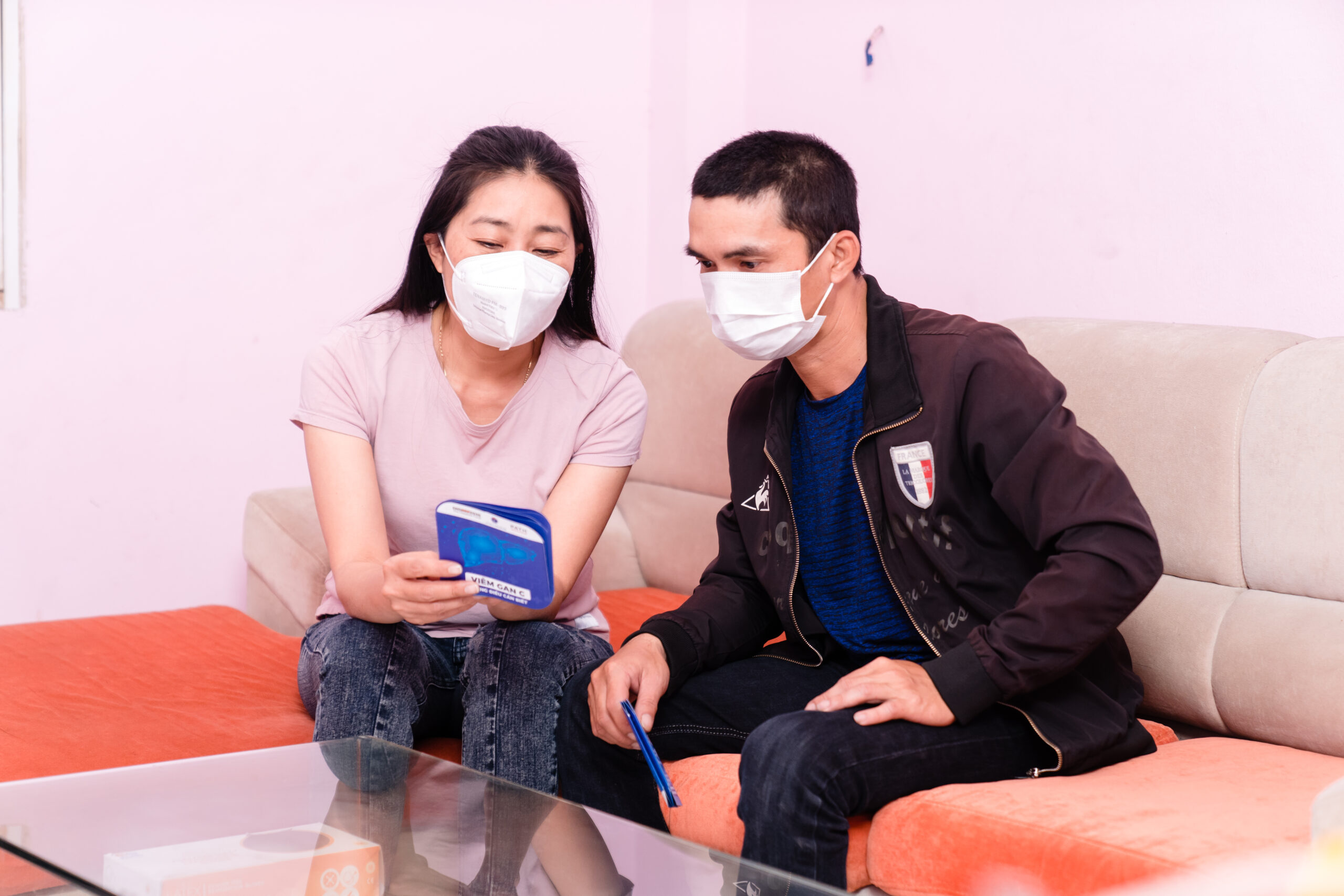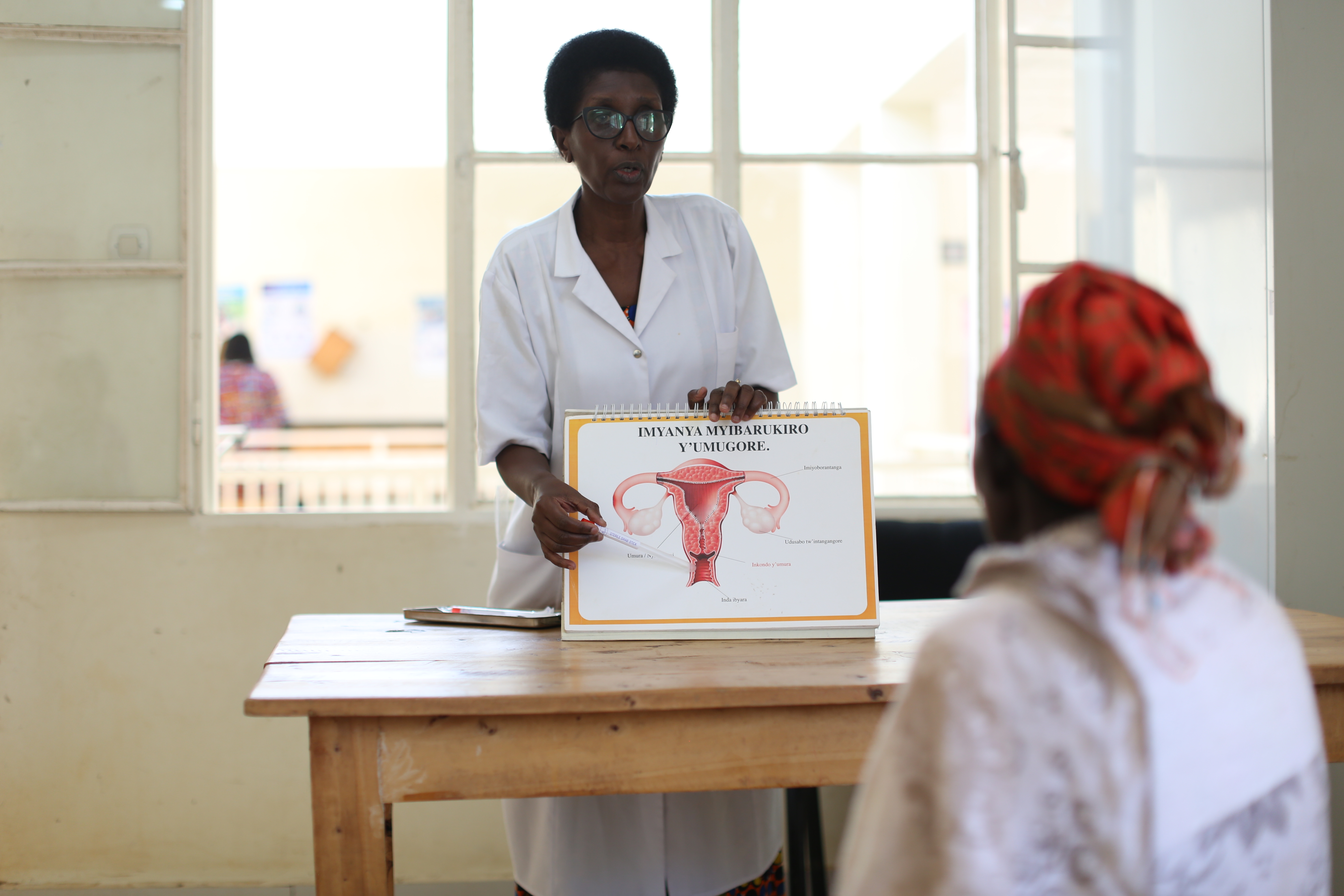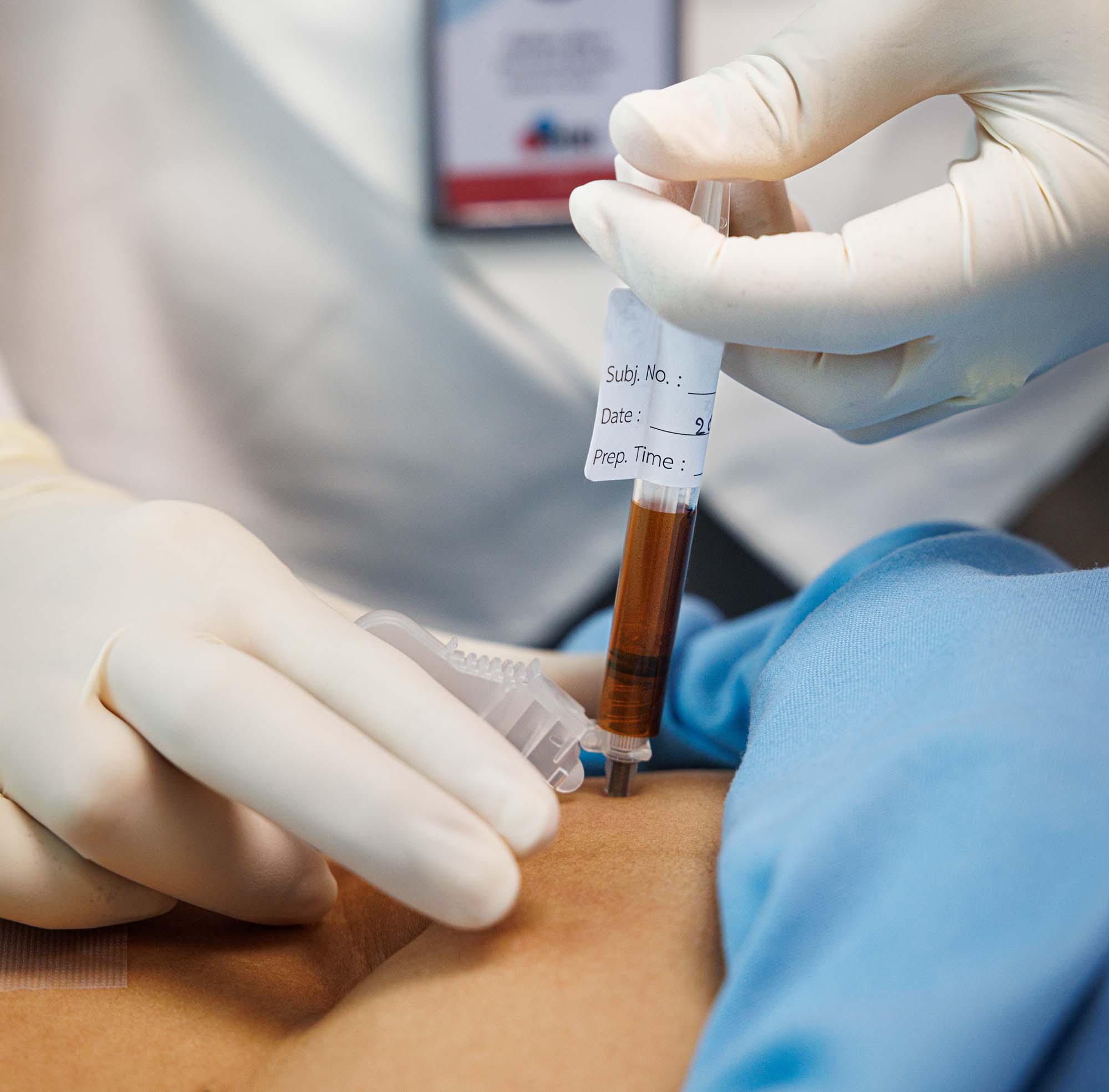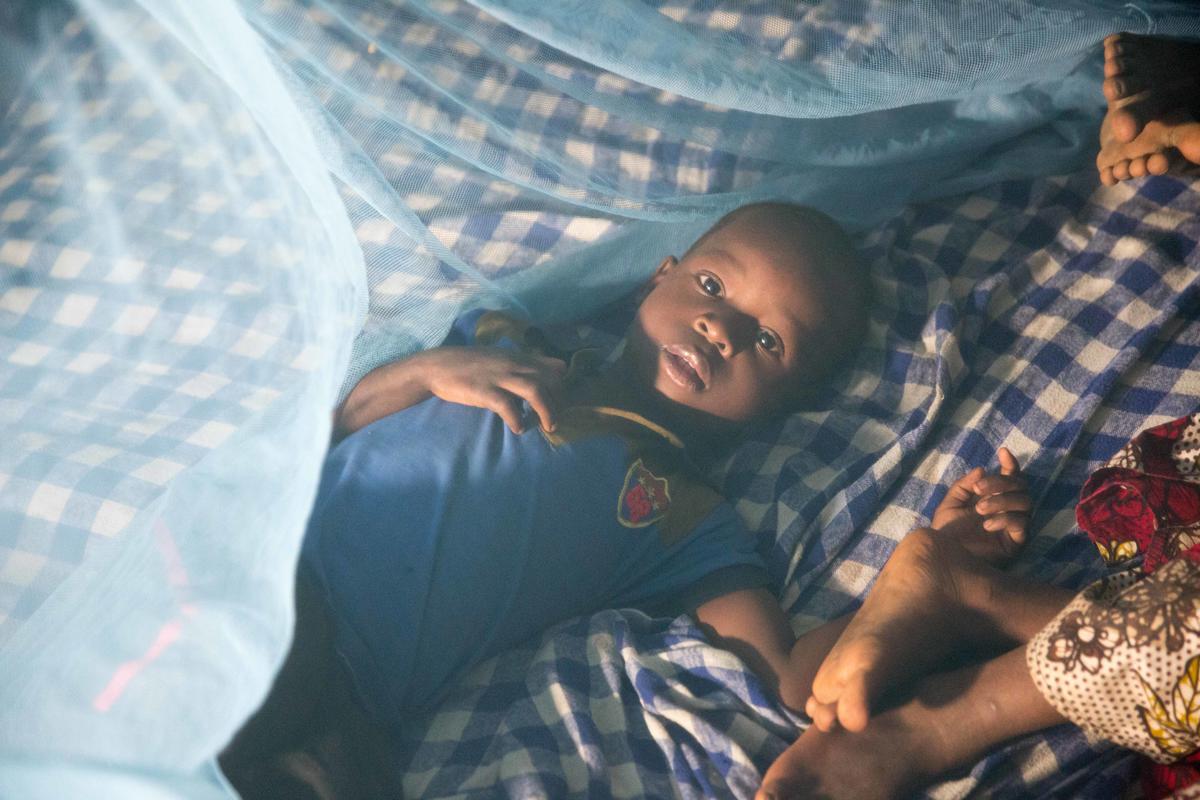The problem
Despite being curable, hepatitis C affects an estimated 58 million people worldwide. People living in low-and-middle-income countries account for 80% of infections.
New medicines have revolutionized treatment and pricing agreements have made them affordable, but services remain out of reach. Just over 20% of people with hepatitis C get a diagnosis and only 13% access treatment. Untreated, hepatitis C can lead to serious liver disease and cancer.
Despite being at highest risk of hepatitis C infection, people who use drugs or who are incarcerated are rarely involved in designing interventions that have the potential to mitigate harm for themselves and their communities. Increasing testing and treatment cannot successfully happen without the engagement of populations who bear the burden of this disease.
Our response
We seek to prevent hepatitis C among people who inject drugs and people who are incarcerated by directly engaging with these populations and embedding hepatitis C treatment services within harm reductions programs. With our partners, we are piloting the use of two innovations that could reduce the risk of hepatitis C infection when using injection drugs and working to make hepatitis C screening and treatment services available at the community level, with a focus on recaching the most marginalized.
This project is part of Unitaid’s broader commitment to prevent hepatitis C. Médecins du Monde is working alongside two complementary projects led by PATH and Frontline AIDS to pilot new technologies, build evidence and empower communities. The initiatives are working in 10 countries to develop scalable models for hepatitis C prevention, reduce costs and kickstart uptake.
Low dead space syringes
Reduces the risk of transmitting blood-borne infections like hepatitis C, as well as hepatitis B and HIV, when needles are shared.
Long-acting buprenorphine
A long-acting formulation of an opioid agonist treatment, which is used to reduce opioid cravings and could help reduce behaviors that contribute to the transmission of hepatitis C and other blood-borne diseases.
Our partners
Médecins du Monde is working alongside PATH and Frontline AIDS to extend hepatitis C prevention and treatment to people in low- and middle-income countries.

